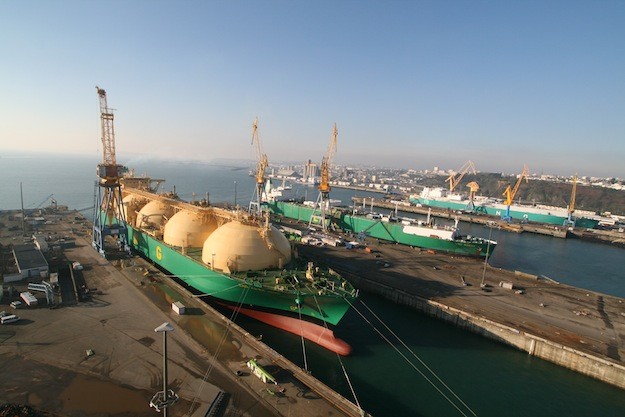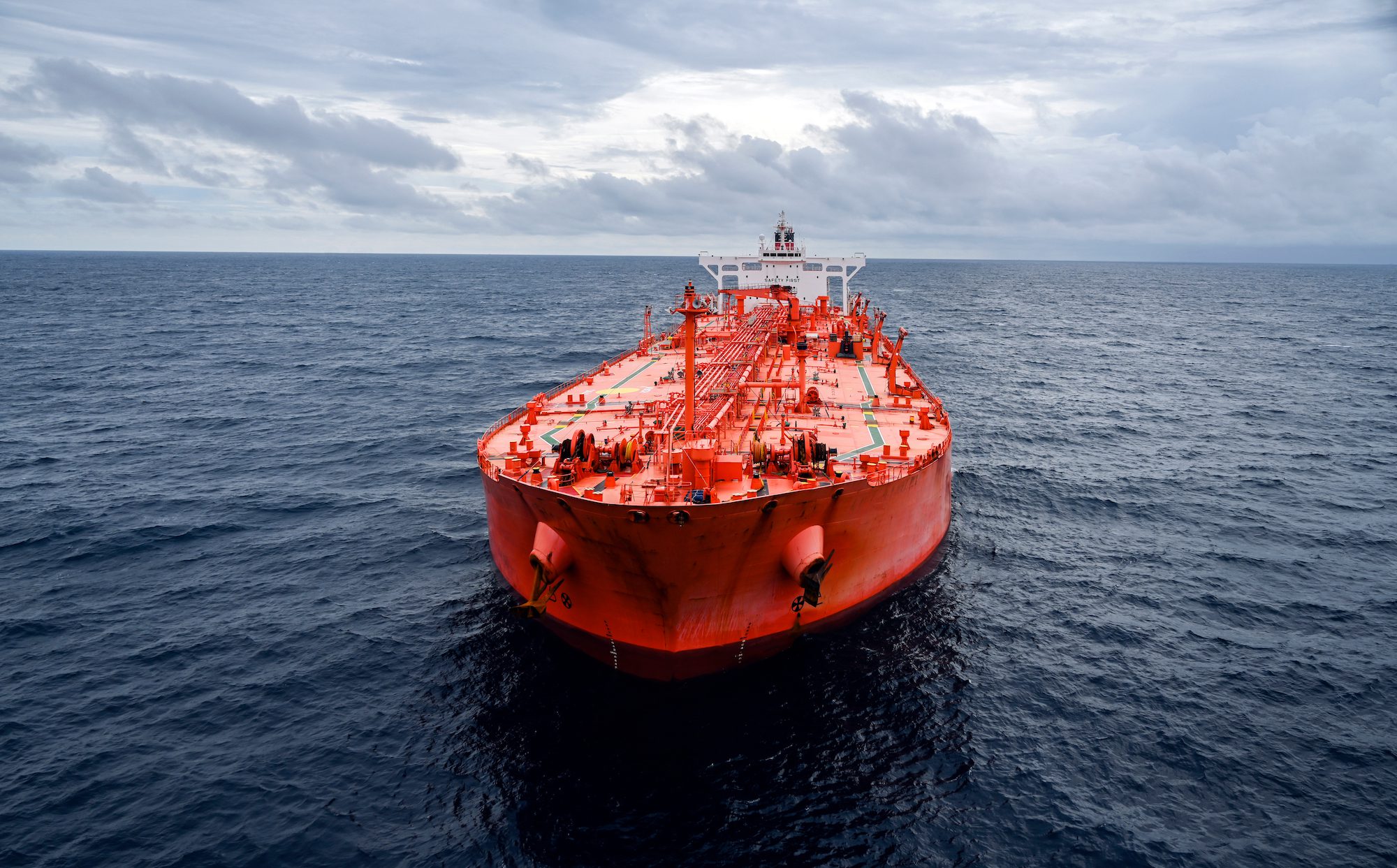(Bloomberg) — Rates to ship liquefied natural gas will decline over the next three years as trade fails to keep pace with the construction of new vessels, according to Lloyd’s List Intelligence.
Global cargoes would need to increase to 4,800 a year by 2016 from less than 4,000 in order to keep the fleet as busy as it is now, while vessel capacity expands 25 percent in that time period, Claire Wright, head of the analyst team at the London- based consultant, said at the Informa Plc LNG Shipping Conference today. That won’t happen because there aren’t enough export facilities being built, she said.
“This gap is going to be one of the big challenges,” Wright said at the conference in London. “It’s going to have an effect on rates and employment.”
Ships on order that haven’t secured contracts will be most affected, according to Wright. The “mismatch” between supply and demand will subside after 2018 as new production plants are finished, she said. The outlook depends on energy policies in Japan, the biggest importer, she said.
– Isaac Arnsdorf, Copyright 2013 Bloomberg.

 Join The Club
Join The Club











